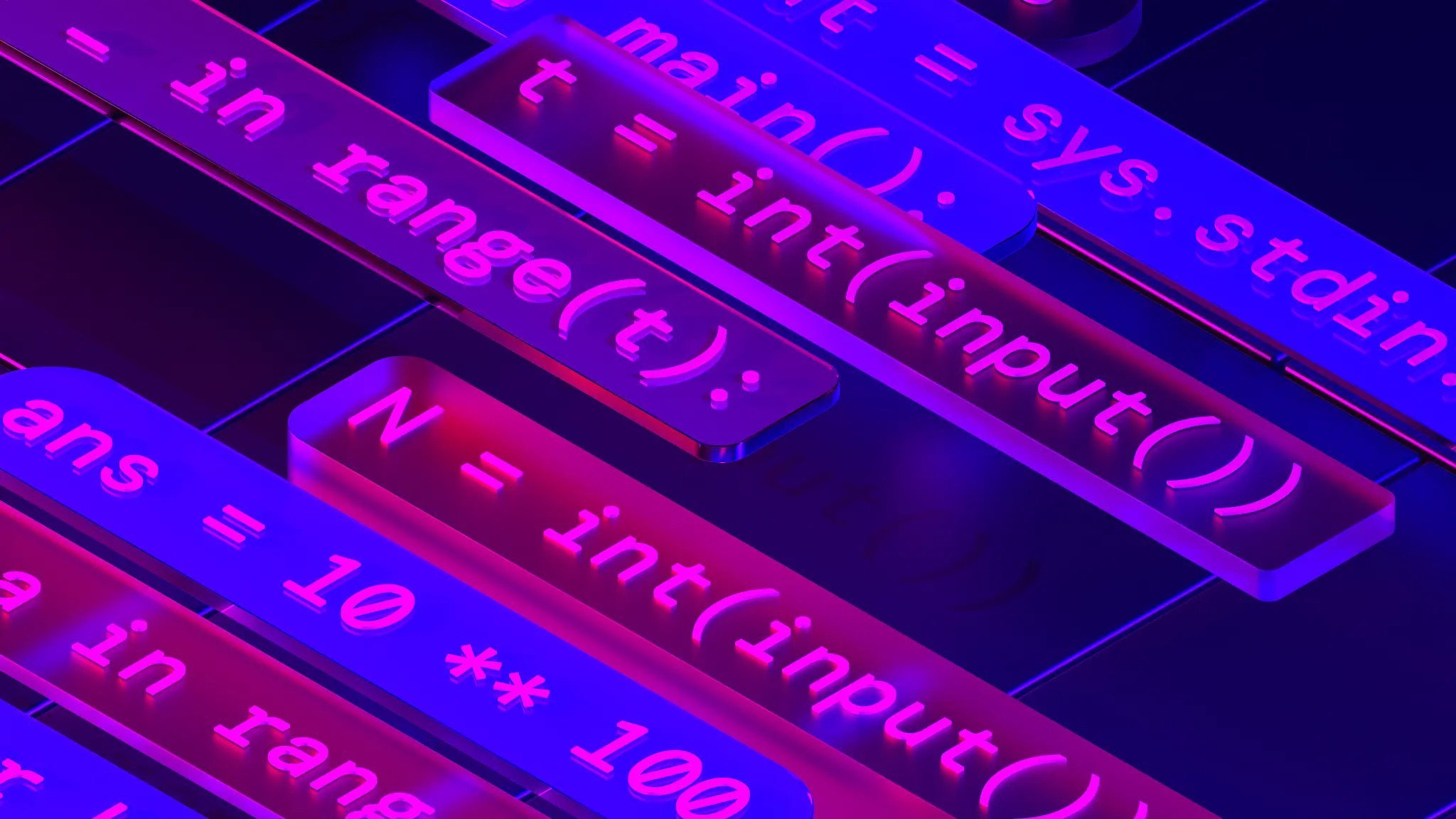Meta's open-source Code LLaMA set to rival OpenAI's Codex

Set to challenge proprietary software from OpenAI, Google, and others, Meta is preparing to launch Code LLaMA, its open-source AI model that generates programming code.
Meta is reportedly ready to launch its own code-generating AI model, named Code LLaMa, as an open-source alternative to proprietary software from OpenAI, Google, and others. The new model is said to rival OpenAI's Codex model and build on Meta's recently released LLaMa 2, a large-language model capable of understanding and generating conversational text.
Code LLaMa aims to make it easier for developers to create AI assistants that automatically suggest code, potentially luring customers away from paid-for coding assistants such as Microsoft's GitHub Copilot, which is based on Codex. As an open-source coding model, larger companies may prefer to develop their own coding assistant to protect their source code.
"For enterprise adoption, this could be a pretty big lever to get people using this a lot faster," Tim Chen, a managing partner at Essence VC, told The Information. "If I'm Bank of America, I can tweak something myself and now have a really great model that can generate a lot of specific code based on my existing code base."
Meta's Code LLaMA could be used by thousands of companies
Generative AI for coding is already being used by many companies. Microsoft CEO Satya Nadella spoke of 27,000 companies already paying for an enterprise license for GitHub Copilot. There are many more alternatives, and it is also common to use GPT-4 with a code interpreter for coding-related tasks.
There is, of course, the question of how open-source the Code LLaMA will be, as the definition of open-source in AI is currently being hotly debated. LLaMA 2 has been marketed as open-source but includes restrictions on use and a limit on the number of users allowed for a project. The latter, however, is quite large: commercial use is allowed, with up to 700 million active users per month.
AI News Without the Hype – Curated by Humans
As a THE DECODER subscriber, you get ad-free reading, our weekly AI newsletter, the exclusive "AI Radar" Frontier Report 6× per year, access to comments, and our complete archive.
Subscribe nowAI news without the hype
Curated by humans.
- Over 20 percent launch discount.
- Read without distractions – no Google ads.
- Access to comments and community discussions.
- Weekly AI newsletter.
- 6 times a year: “AI Radar” – deep dives on key AI topics.
- Up to 25 % off on KI Pro online events.
- Access to our full ten-year archive.
- Get the latest AI news from The Decoder.